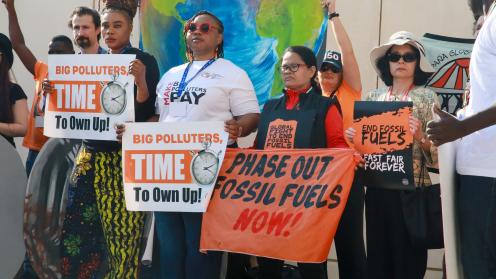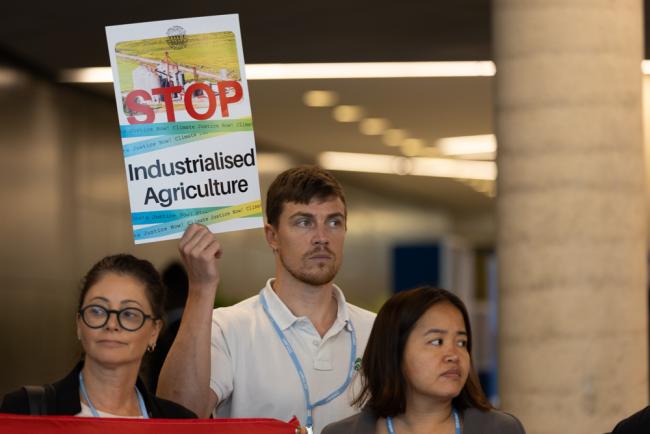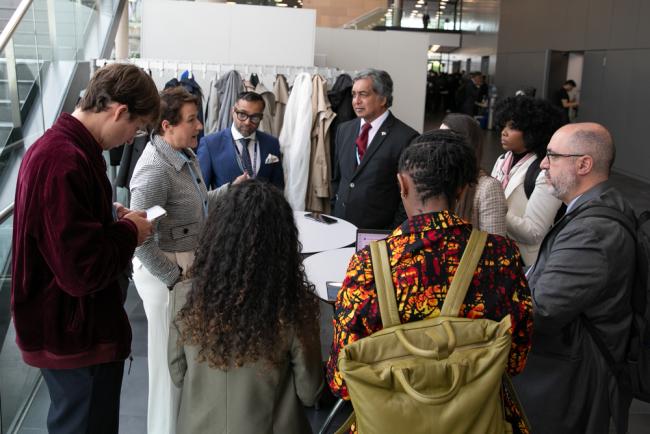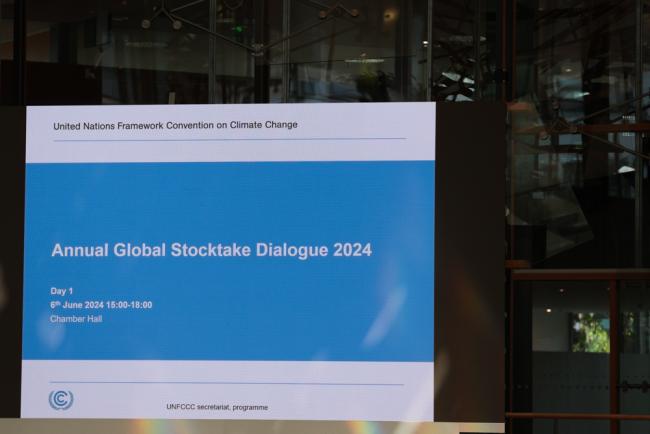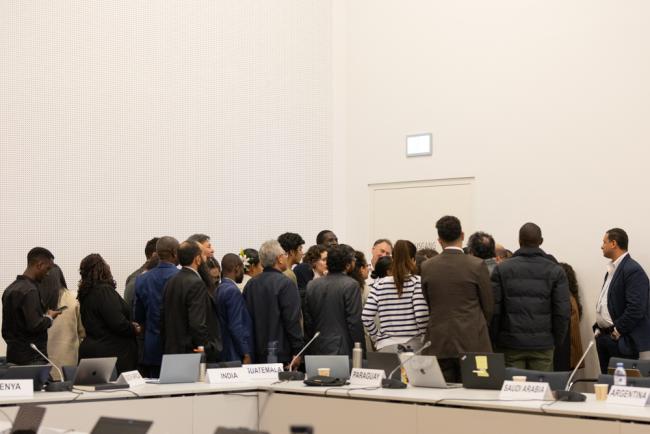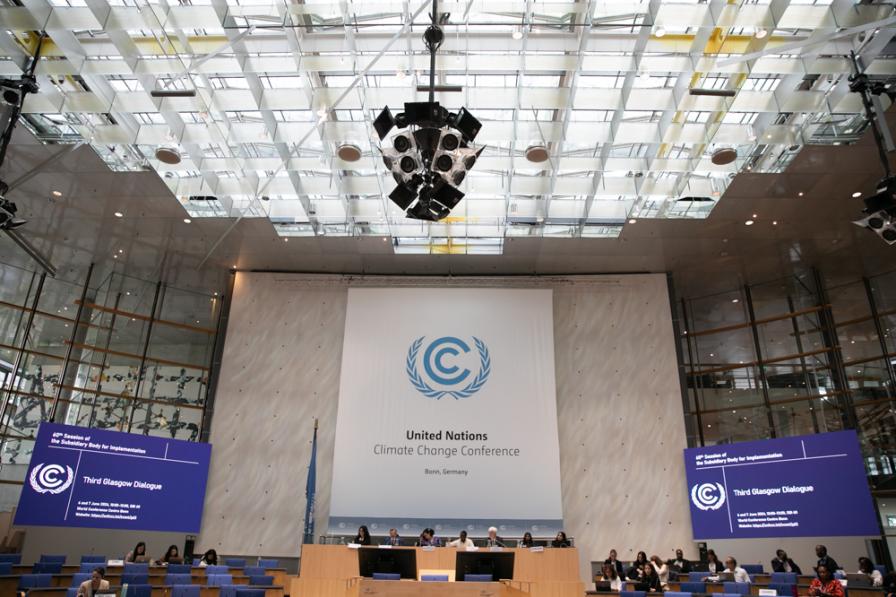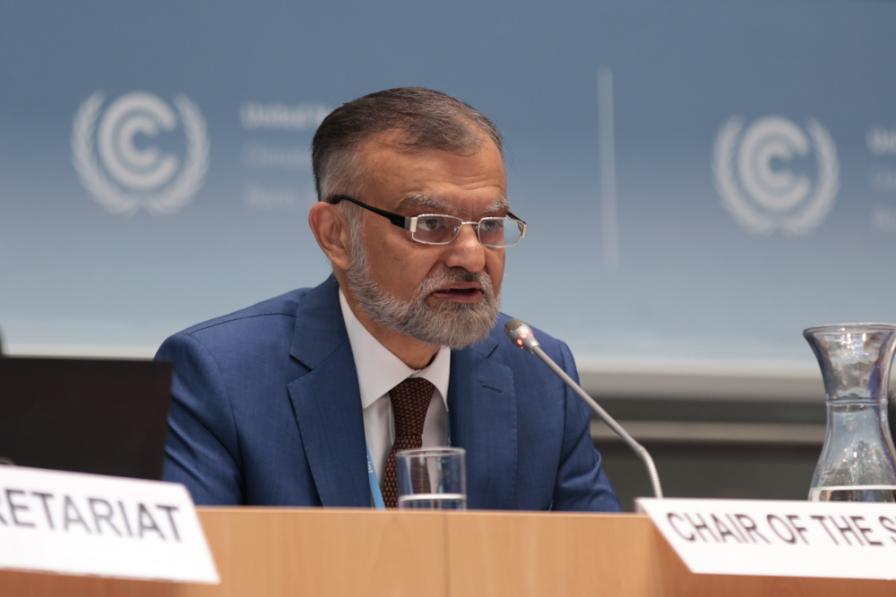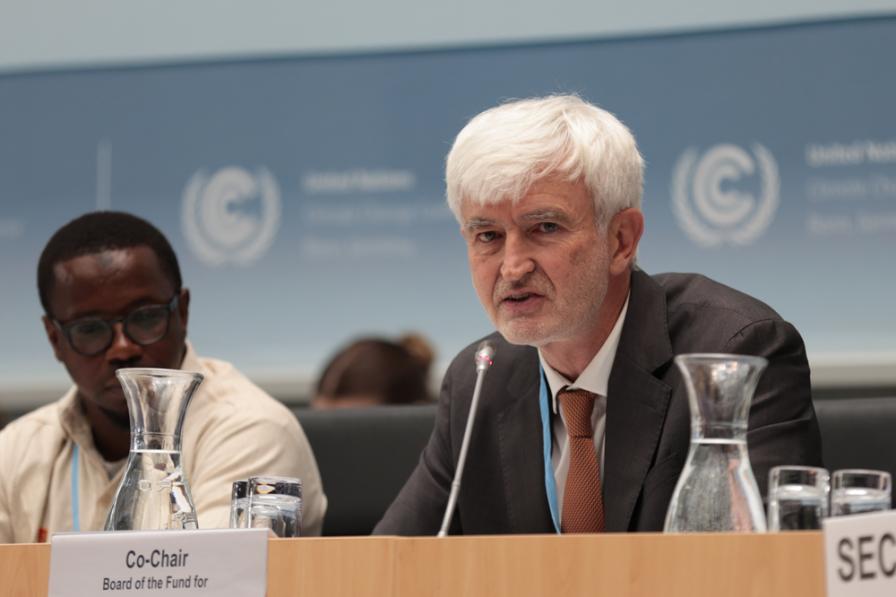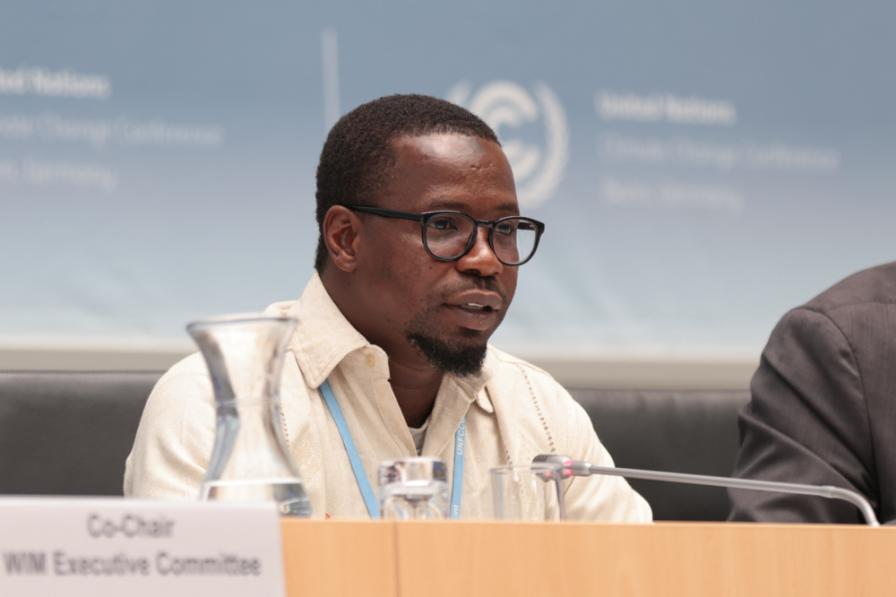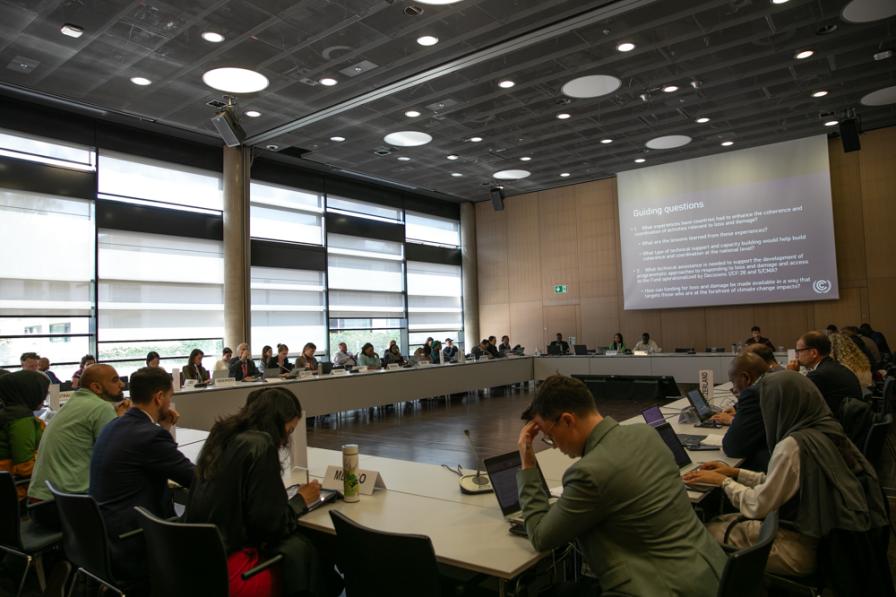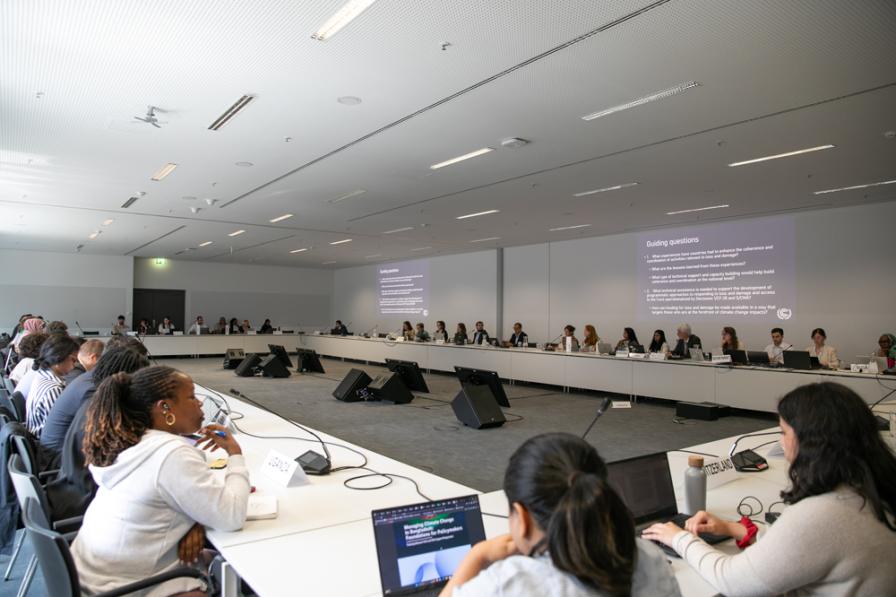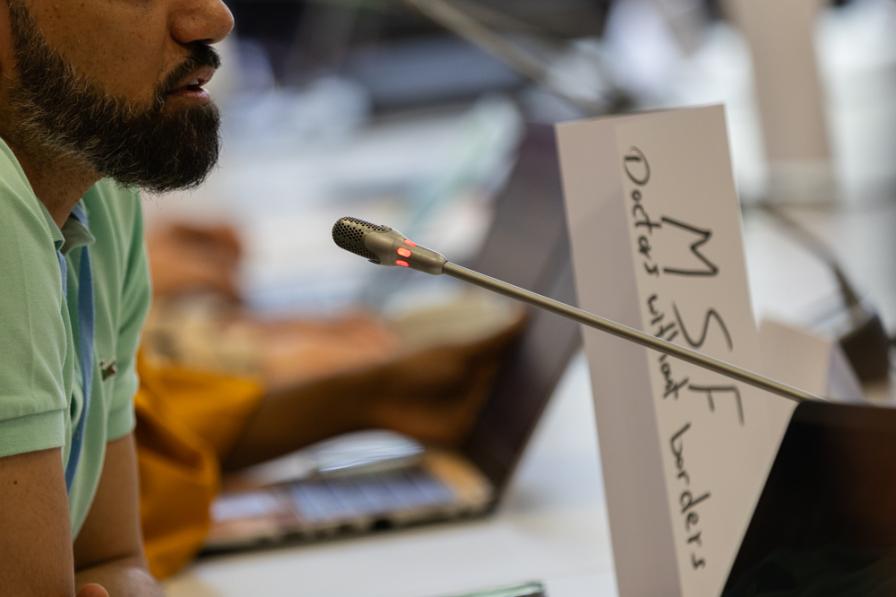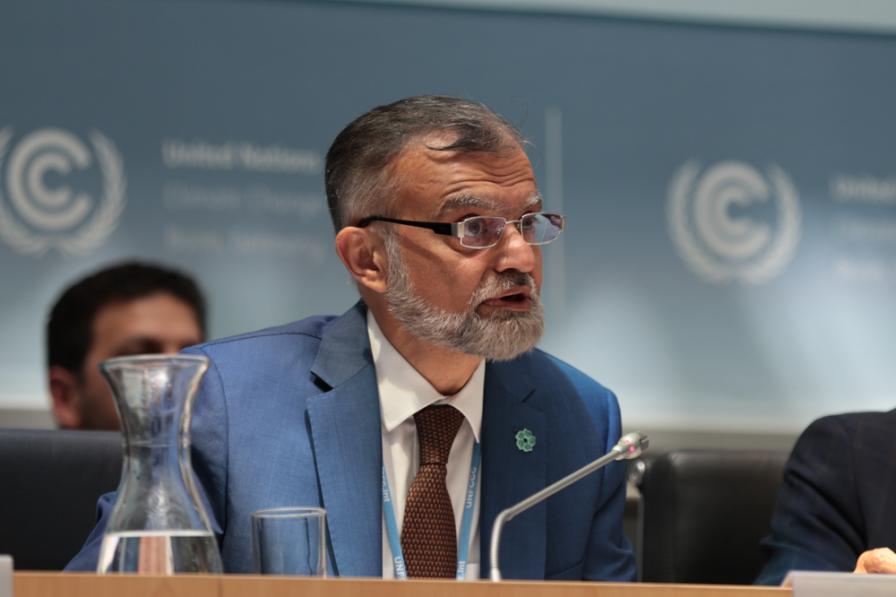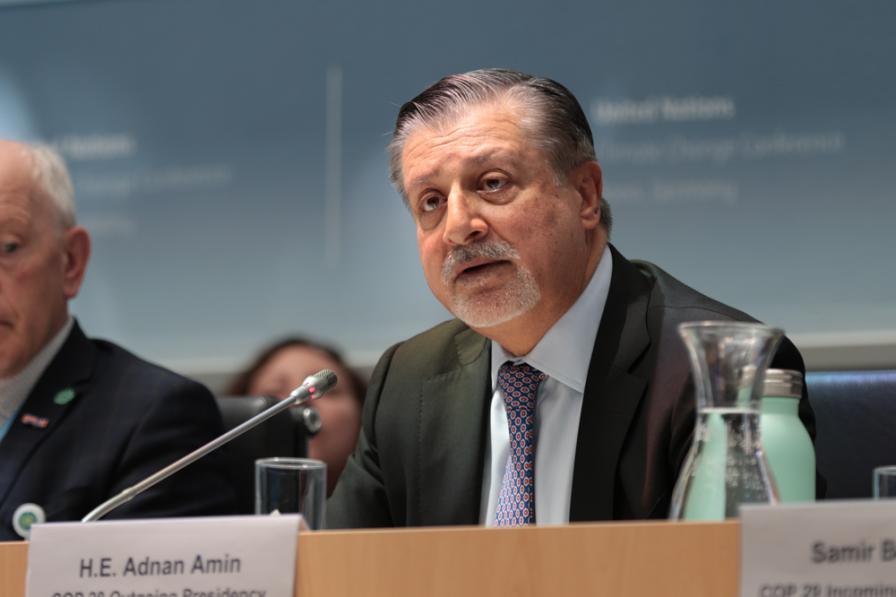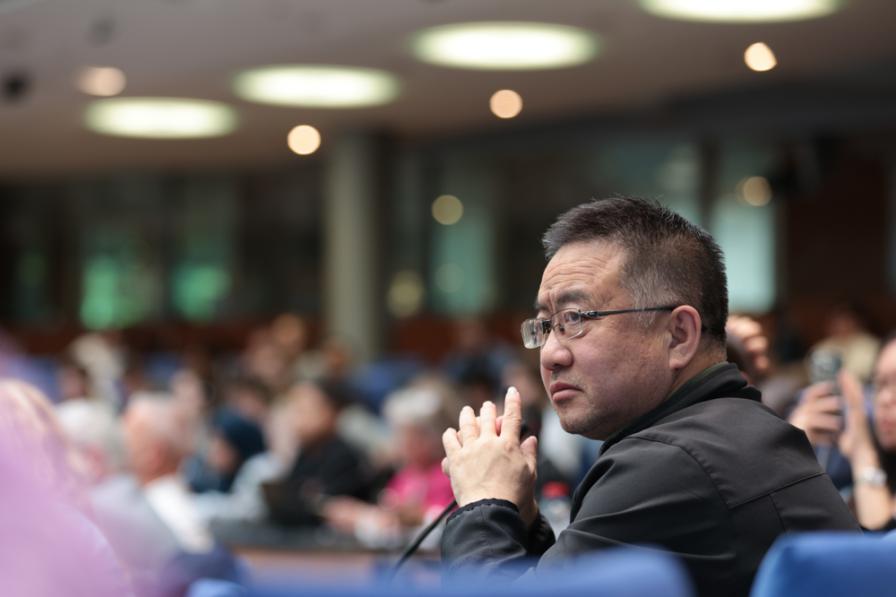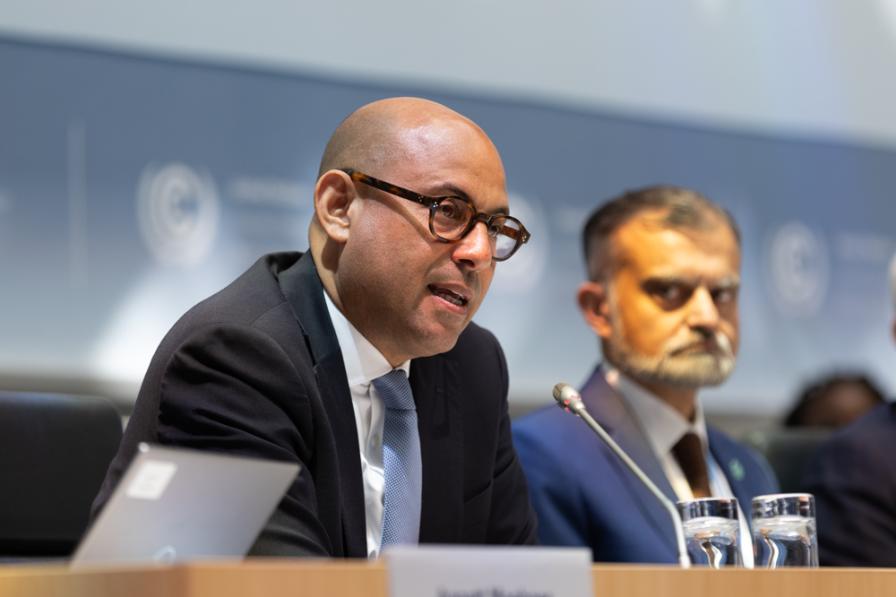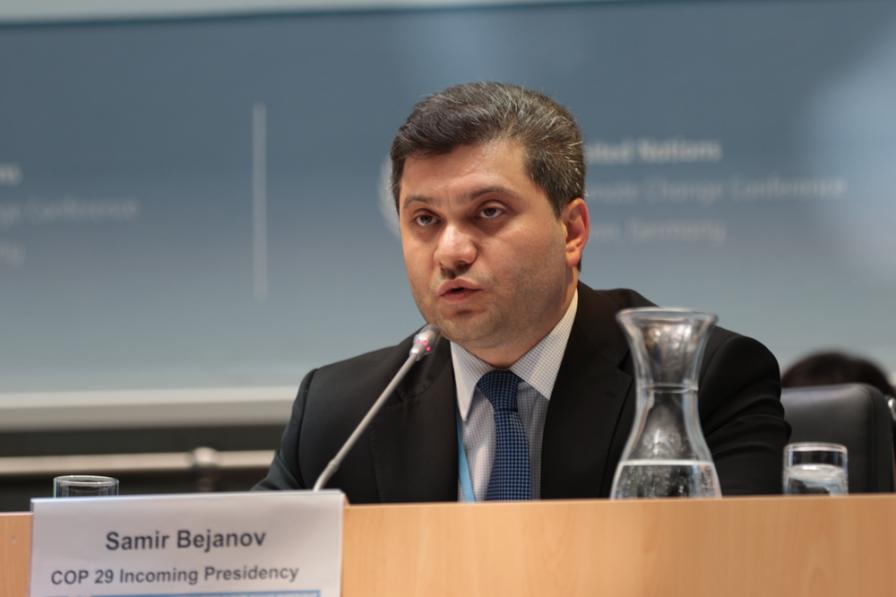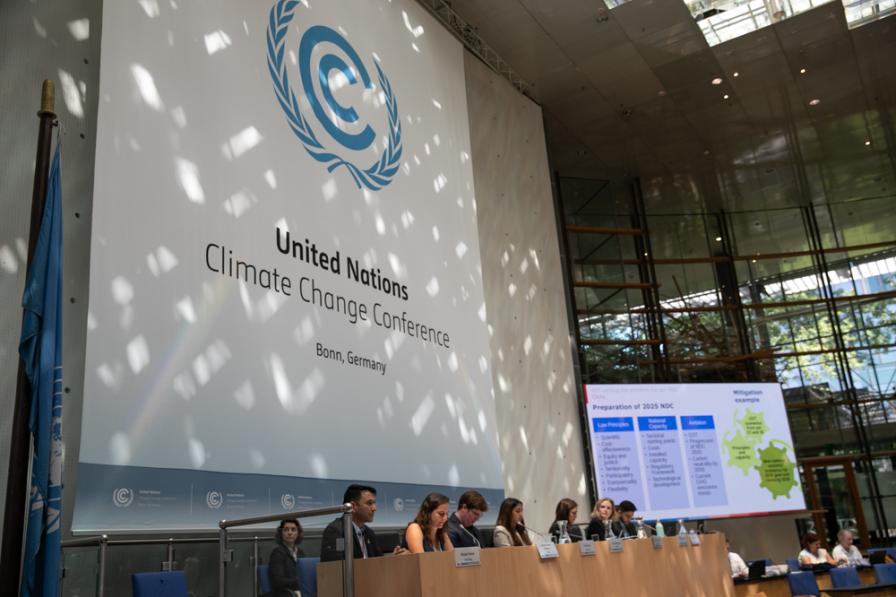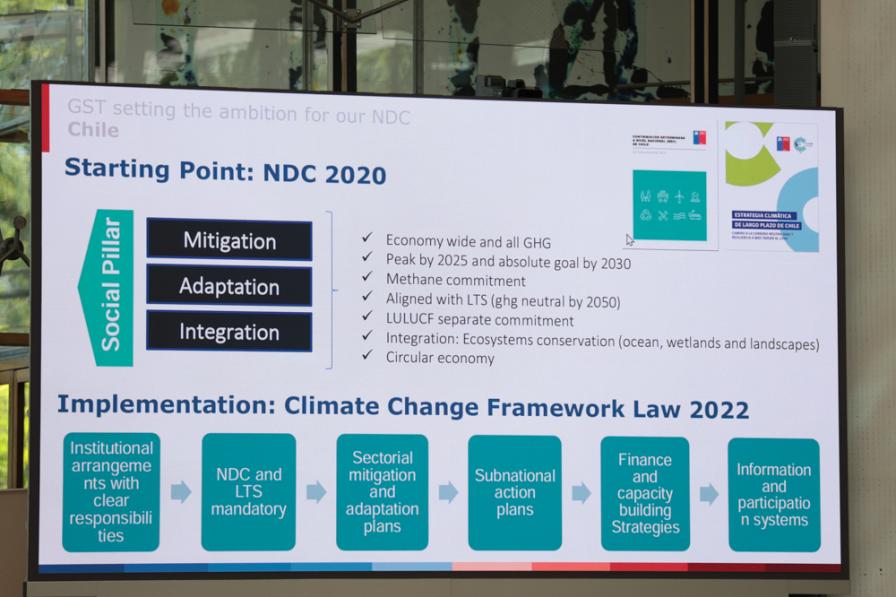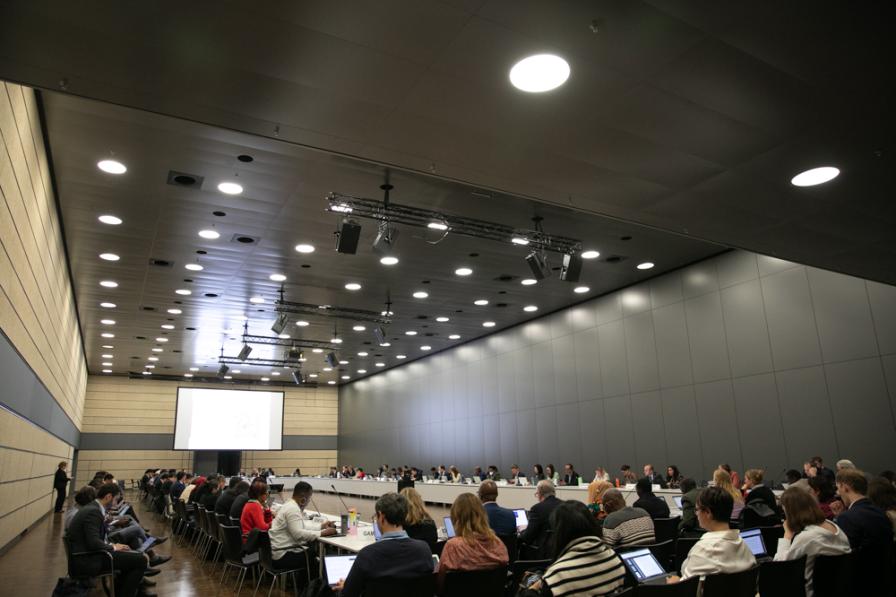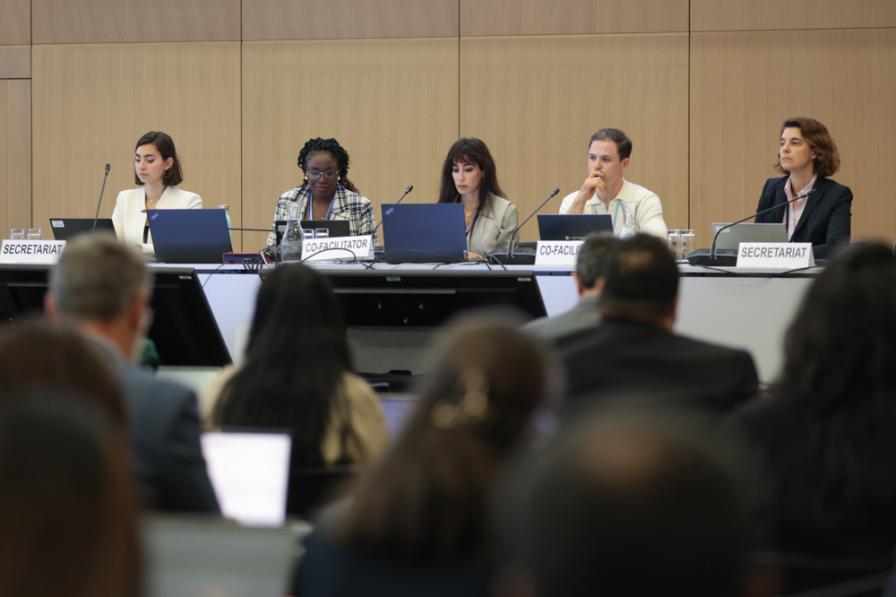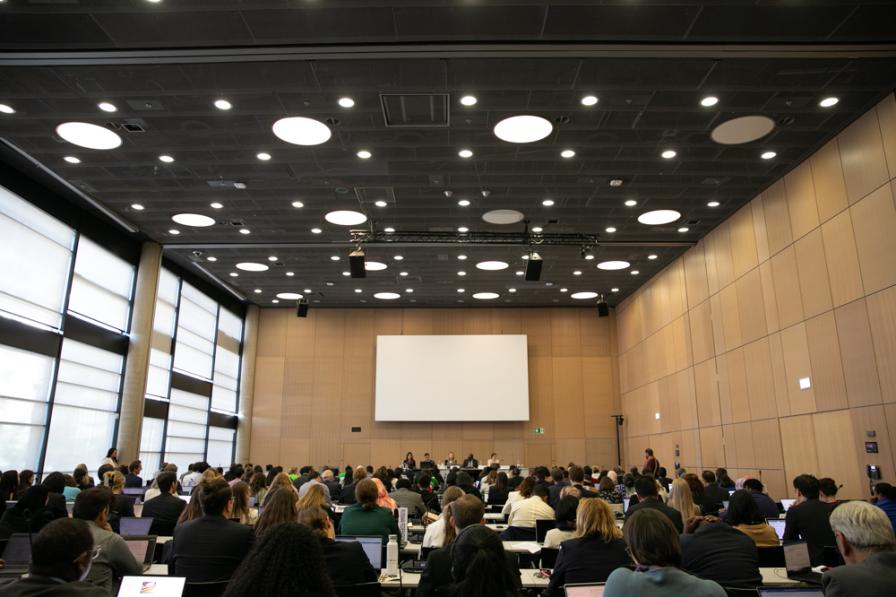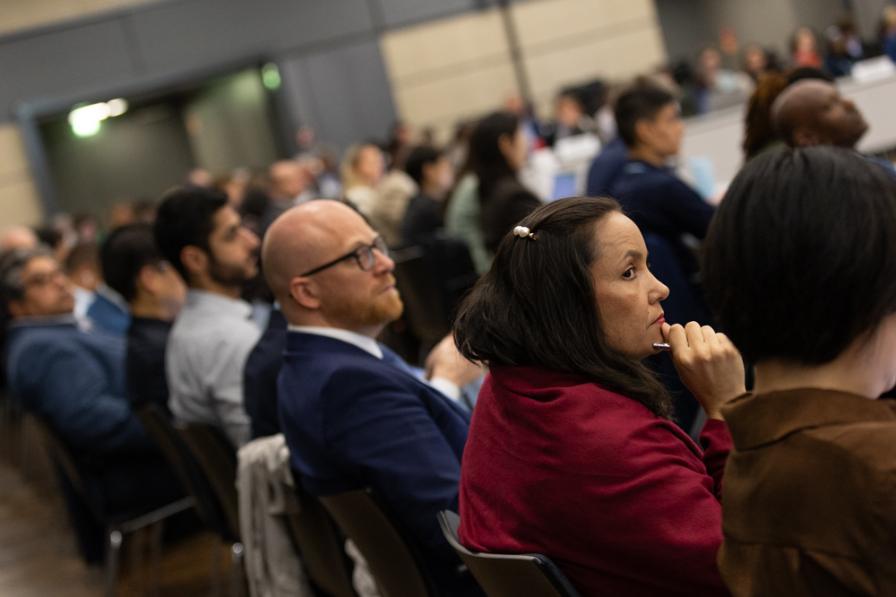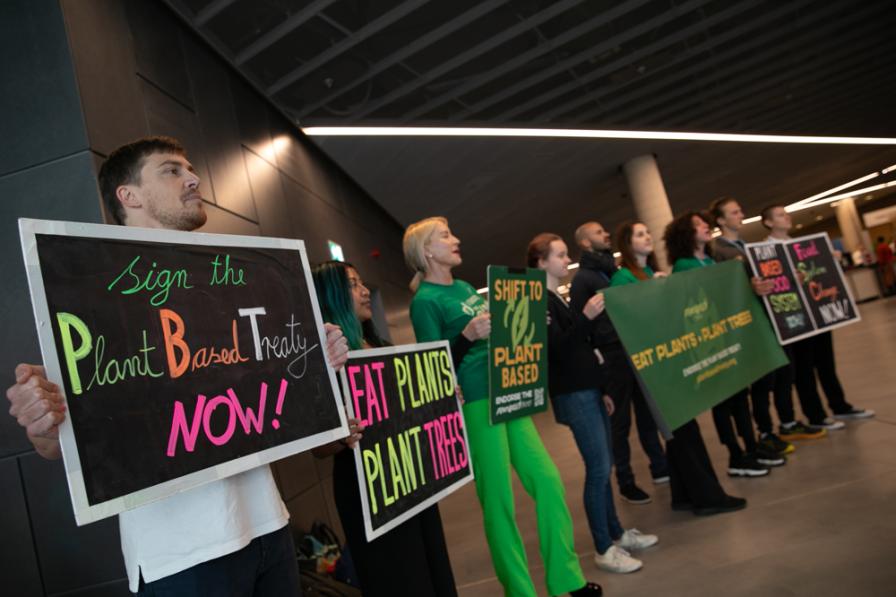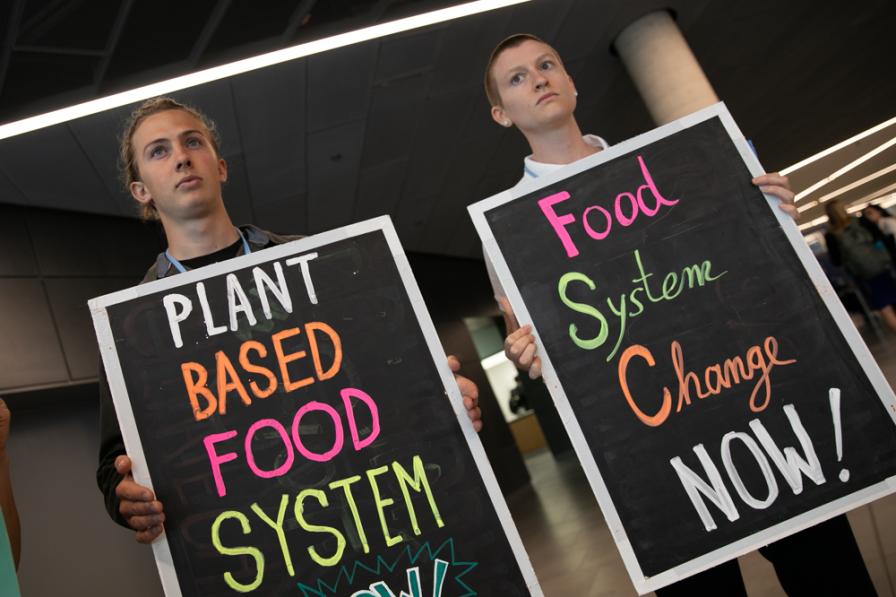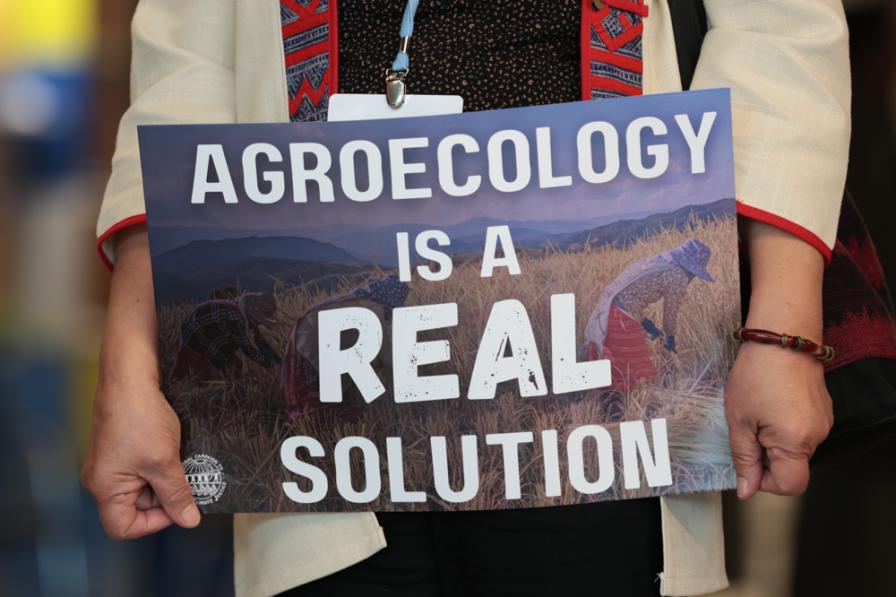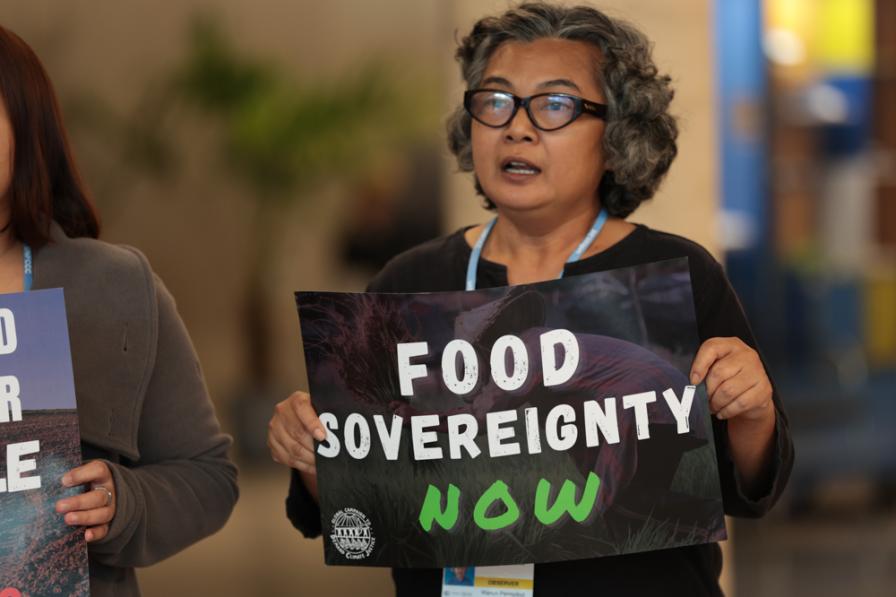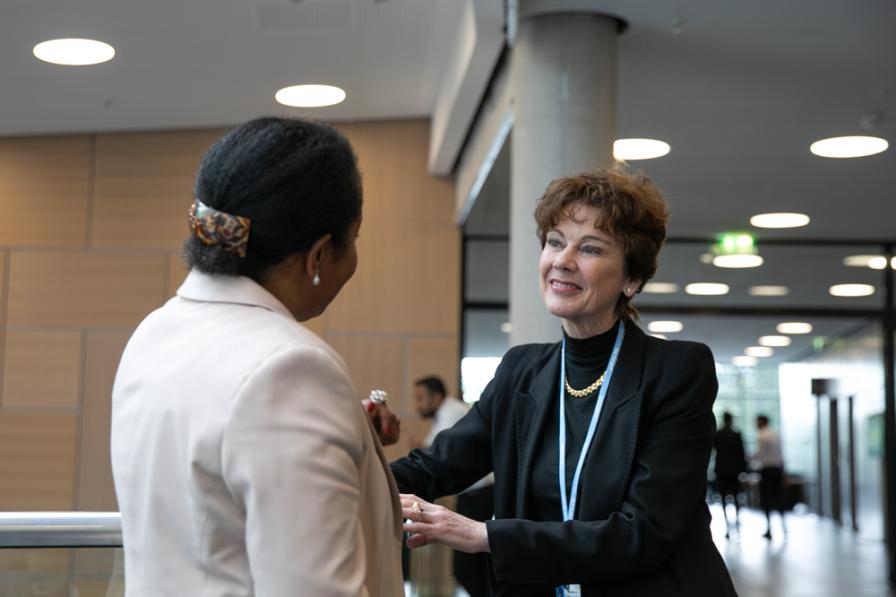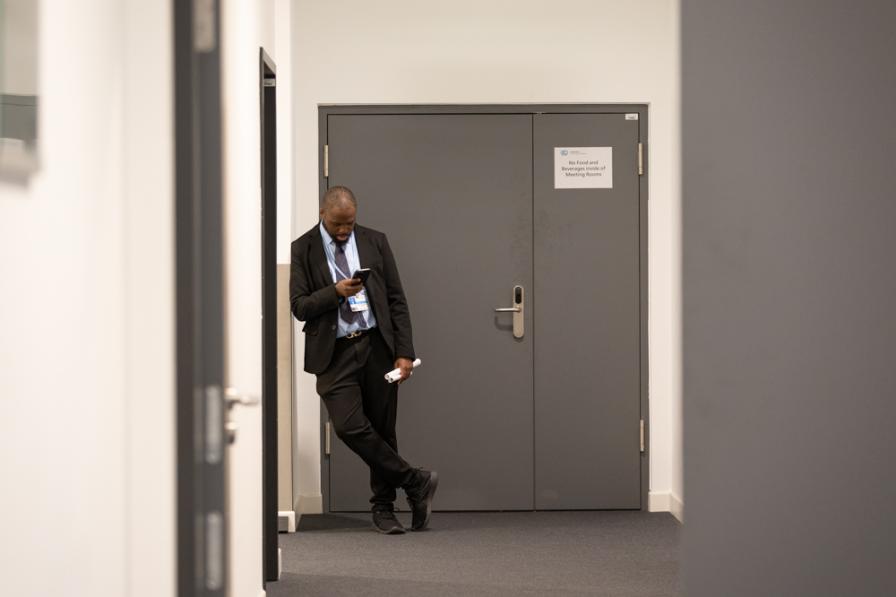When laypeople imagine climate negotiations, they often picture a single big room in which diplomatic talks are happening. Typically, they have the iconic UN General Assembly Hall in mind. However, this does not adequately capture what is happening at the June Climate Conference or the annual meetings of the Conference of the Parties (COP) to the UN Framework Convention on Climate Change.
Want to dig deeper into today's talks? Read the full Earth Negotiations Bulletin daily report.
For the most part, there are many negotiations happening all at once in the same building: on many different issues and at several different levels. These include formal negotiations, workshops, and friendly but purposeful chats among negotiators to try to overcome knotty issues.
Negotiations on the just transition work programme and the new collective quantified goal on climate finance made little progress on Thursday. Delegates who have been following discussions on these issues for a while mostly heard reiterations from previous sessions.
The dialogue on loss and damage funding was a good opportunity to take stock of the changed institutional landscape, now that dedicated bodies are being put in place for technical assistance and finance. With regard to the new Fund, participants learned that discussions are ongoing with regard to its institutional arrangements with the World Bank, the selection process for its host country and executive director, and its rules of procedure. Preparations for a high-level event on loss and damage finance are also underway.
The first annual dialogue on how the Global Stocktake (GST) informs the preparation of nationally determined contributions (NDCs) under the Paris Agreement showed that parties are slowly shifting gears. After a long stocktaking process, they need to digest the dire outcome at the national level and see what they can contribute to a course correct. Discussions also reminded participants that national legislative cycles do not necessarily align with the NDC cycle, which poses an additional challenge.
Knotty issues were being discussed all around the venue, including in the room focused on the tools for reporting under the Paris Agreement, where developing country delegates huddled in a corner to coordinate positions. 2024 is a key year for reporting questions, as this will be the first time parties submit reports under the Agreement’s Enhanced Transparency Framework.
To receive free coverage of global environmental events delivered to your inbox, subscribe to the ENB Update newsletter.
All ENB photos are free to use with attribution. For the Bonn Climate Change Conference 2024, please use: Photo by IISD/ENB | Kiara Worth.
Glasgow Dialogue
Informal Consultations Throughout the Day

Peer Stiansen, Co-Facilitator for Article 6.2, brings a pair of binoculars to the session to see across the large room

Delegates sit on the floor during the informal consultations on the GGA as the room is filled to capacity
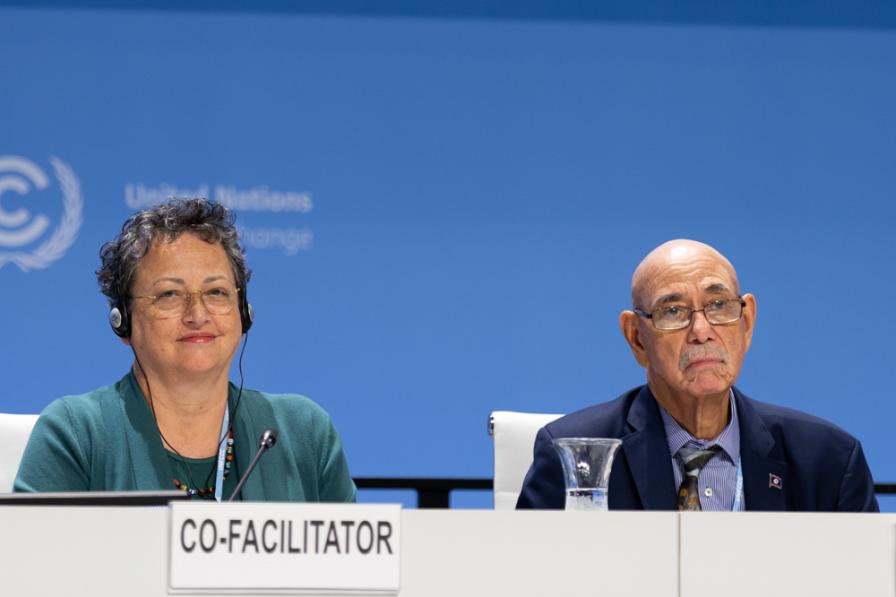
Co-Facilitators for the Mitigation Work Programme Kay Harrison, New Zealand, and Carlos Fuller, Belize
